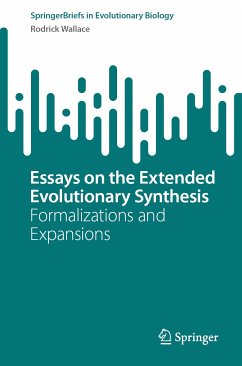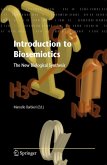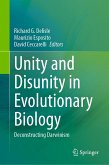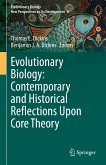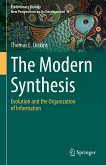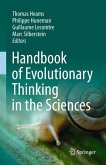From the 'punctuated equilibrium' of Eldrege and Gould, through Lewontin's 'triple helix' and the various visions and revisions of the Extended Evolutionary Synthesis (EES) of Laland and others, both data and theory have demanded an opening-up of the 1950's Evolutionary Synthesis that so firmly wedded evolutionary theory to the mathematics of gene frequency analysis. It can, however, be argued that a single deep and comprehensive mathematical theory may simply not be possible for the almost infinite varieties of evolutionary process active at and across the full range of scales of biological, social, institutional, and cultural phenomena. Indeed, the case history of 'meme theory' should have raised a red flag that narrow gene-centered models of evolutionary process may indeed have serious limitations. What is attempted here is less grand, but still broader than a gene-centered analysis. Following the instruction of Maturana and Varela that all living systems are cognitive, in a certainsense, and that living as a process is a process of cognition, the asymptotic limit theorems of information and control theories that bound all cognition provide a basis for constructing an only modestly deep but wider-ranging series of probability models that might be converted into useful statistical tools for the analysis of observational and experimental data related to evolutionary process. The line of argument in this series of interrelated essays proves to be surprisingly direct.
Dieser Download kann aus rechtlichen Gründen nur mit Rechnungsadresse in A, B, BG, CY, CZ, D, DK, EW, E, FIN, F, GR, HR, H, IRL, I, LT, L, LR, M, NL, PL, P, R, S, SLO, SK ausgeliefert werden.

